Nigel Huddleston calls on industry to go beyond a 10-point pledge criticised by MPs
Get Started for FREE
Sign up with Facebook Sign up with X
I don't have a Facebook or a X account

 Your new post is loading... Your new post is loading...
 Your new post is loading... Your new post is loading...
Everyone knows that pollution is bad. But new economics research now shows it’s even worse than we thought—pollution is making us sick and stupid! Professor Alex Tabarrok overviews recent research that examines how pollution negatively affects employment, IQ, productivity, and health. This also means that driving pollution down has even more benefits than we previously thought.
Graham Watson's insight:
Just the usual excellence from Marginal Revolution University here - and some excellent coverage of some of the most interesting papers relating to the negative externalities of pollution. A definite must watch for my Year 12 economists!
The High Court rules that the German firm installed 'defeat devices' in vehicles to cheat emissions tests.
Graham Watson's insight:
Dieselgate rumbles on: the High Court has ruled that the German carmaker's installation of defeat devices cheated both emissions tests and consumers, and this means we're one step closer to the company having to compensate UK VW drivers - which only seems fair given that they've made payouts in the United States for example.
In the past, the use of biofuels was usually driven by a lack of petrochemicals. But now that environmental impact is a top issue for airlines and regulators, more wide-spread use is likely to take place in the coming years.
Graham Watson's insight:
So, OK, I'm just trying to find a non-coronavirus based economic story, and this one fits the bill.
Bloomberg look at whether or not the future of aviation is going to be driven by biofuels, making the sector more environmentally-friendly.
Charging points are springing up everywhere, but will there be enough and will the electricity grid be able to cope?
Graham Watson's insight:
This BBC article highlights the fact that despite the worthy goal of switching to an electric vehicle, it is sometimes the case that car owners struggle to charge their cars unless they live in London.
The article suggests that charging points are springing up everywhere - and the number of charging points has increased by 50% in the last 12 months, but coverage is far from universal, which you'd discover if you looked on Zap-Map.com.
You have to wonder whether the UK really is ready for more widespread adoption of electric cars.
Despite €16.3bn in EU funding, cities have failed to get people on to bikes or buses, report says
Graham Watson's insight:
Really nice story with environmental implications but, for me, the real issue is the extent to which public and private transport are really close substitutes, and thus the cross-price elasticity of demand of the two 'goods'.
Another issue that is implicit in this Guardian article is a cost-benefit analysis of the policy: has the 16.3 million euro price tag led to a net welfare gain of more than that? And if so, does it represent the best possible use of those EU funds?
Exclusive: Retailer says 25 of 44 products offered loose have outsold packaged equivalents
Graham Watson's insight:
It seems that fill-your=own container schemes have the potential to reduce waste, as consumers don't shy away from purchasing loose products. As a result, the amount of waste packaging is reduced and consumers get better deals because the products are cheaper.
"Every little helps", I guess: but then again, that's another supermarket.
The government is being urged to do more to tackle problem gambling by beefing up oversight of the industry.
Graham Watson's insight:
Lots of questions here about the negative externalities of problem gambling, and the way that the betting companies self-regulate, with the National Audit Office suggesting that more needs to be done.
It's one of the classic conundra: to what extent are firms prepared to sacrifice profit for doing the right thing? And as a result you might question whether self-regulation can ever be truly effective.
Milkybar Wowsomes were the food giant's first products to use a new "hollow" sugar technology.
Graham Watson's insight:
A fascinating story about how low sugar chocolate has bombed - with Nestle announcing that it is planning to axe its low sugar chocolate range, Wowsomes.
Proof, if it were needed that markets are driven by consumer sovereignty and that the consumer really is king. It will be interesting to see if other manufacturers follow suit.
Local authorities can bid for the money to pay for a new fleet of up to 200 electric buses.
Graham Watson's insight:
The government is looking to subsidise the introduction of electric buses - however, eyecatching though this may sound, a new fleet of 200 new buses and the size of the plan - £50m - isn't particularly large.
If it's part of a randomised clinical trial (RCT) that might lead to the roll out of a bigger programme, then it might be the start of a good thing. However, for now, I'll reserve judgement.
The drinks giant says it will not ditch plastic outright but will try to recycle more.
Graham Watson's insight:
To what extent do consumers drive climate change?
This BBC piece citing Coca-Cola's head of sustainability makes it fairly clear that this is the case. The drinks company is trying to reduce it's carbon footprint but says that ditching plastic outright is going to be impossible because consumers want plastic bottles. And I can see this - much as I can see that I don't want to buy bin liners when I can 're-purpose' plastic bags to that end.
However, it might be argued that a company that emphasised corporate social responsibility over profit, particularly such a large one, might seek to play a bigger role in re-educating consumers.
Shoppers in Middleton will be able to bring own containers for cereal, tea and other groceries
Graham Watson's insight:
Another supermarket is trialling increased focus on sustainability, with an Asda store looking to offer shoppers the chance to bring their own containers for cereal, tea and groceries.
Another move towards reducing plastic waste, and good PR for Asda.
Stopping plastic packaging could lead to higher carbon alternatives, a Parliamentary report says.
Graham Watson's insight:
One for the file marked Law of Unintended Consequences: this BBC article highlights the fact that banning all forms of plastic packaging could see firms opting for higher carbon alternatives.
This smacks of the plastic bag ban in the Republic of Ireland which saw retailers get rid of plastic bags in favour of 'environmentally-friendly' paper bags. Unfortunately, at the time the legislation was introduced, there was no paper bag manufacturer in Ireland, so all the bags had to be imported, the majority from the UK.
Environmentally-friendly? I think not. |
Tearfund NGO says drinks makers not doing enough to tackle their plastic pollution
Graham Watson's insight:
It seems that some of the world's most ubiquitous brands are falling short in their commitments to reduce plastic waste, with Coca-Cola and Pepsi in the firing line, in comparison with Unilever and Nestle.
Although all claim to be committed to reducing the level of plastic waste, the level of commitment appears to differ, and the way in which any reduction is being measured differs from country to country.
Reduction of 5% would represent biggest drop in demand for fossil fuel on record
Graham Watson's insight:
The one positive from all of this is the environmental impact - with a forecast 5% reduction in carbon emissions from fossil fuels this year.
However, whether these cuts will be sustained or not will depend upon the extent to which we embrace new patterns of working that have been forced upon us. And that is far less clear.
More than 20 MPs have called for strict curbs on gambling during the Covid-19 lockdown, including a moratorium on advertising, calling the betting industry’s own proposals “very weak”.
Graham Watson's insight:
The issue of problem gambling and - yes - coronavirus are linked in this Guardian article which seems to argue that the lockdown is likely to expose more people to gambling advertising, and it will also be harder for problem gamblers to steer clear of their addiction. A number of MPs have argued that the industry's own self-regulation isn't going to cut the mustard when people are spending more time at home.
The figure is the equivalent of 18.5 tonnes of material per person and that has increased.
Graham Watson's insight:
Just resource use - on a massive scale - we are using more 'stuff' and more of it is imported - suggesting that we've outshored many of the bad environmental consequences of our economic activity, and might need to refocus on reducing waste and improving the efficiency of resource allocation.
Figures suggest that IT now generates as much CO2 as flying, with some arguing it's nearly double.
Graham Watson's insight:
Just a thought for you, as you read this on your mobile device/tablet: what's the environmental cost of the internet. The latest figures suggest that IT generates as much CO2 as flying, something that you might find remarkable...
Drivers hoping to cut emissions may be let down by cold weather or low battery charge
Graham Watson's insight:
Imperfect information in the market for hybrid cars might mean that drivers are being 'conned' into thinking that their vehicles are always good for the environment.
It seems that, in cold conditions, this needn't always be the case, with hybrid vehicles having to use their internal combustion engines.
California environmental group says much of the tons of plastic in the oceans can be traced back to the 10 companies they are suing
Graham Watson's insight:
Another climate change story highlighting the continued global battle against waste plastics. In this case, US campaigners are taking some well-known companies to court, trying to make the polluter pay for the negative externalities their products generate. How very Pigouvian.
The use of harmful chemicals is also higher in poorer nations, the research found
Graham Watson's insight:
Just a classic example of a negative externality, where the producers of pesticides are far removed from the market failures that they help precipitate.
How would this externality be best tackled?
Unapproved goods containing the cannabis extract will be pulled, says the Food Standards Agency.
Graham Watson's insight:
It's been a while since I've 'scooped' anything that relates to the quality of information in a market - however, this is exactly what this article is about. To what extent has this resulted in market failure?
There's lots to ponder here - not least the costs and benefits of regulation - and the optimal level of regulation in any market, which will occur when the marginal benefit of regulation is equal to the marginal cost.
However, it's a lovely example of how firms have first-mover advantage over regulators, and this might prompt some questions about whether this should be the case.
Doteveryone thinktank says workers suffer from financial insecurity and loss of dignity
Graham Watson's insight:
A thinktank has released a report highlighting what most people intuitively know. That employment in the gig economy is not most people's first choice, that it places a great deal of stress on workers and that there may be adverse consequences for people's mental health.
Is this a triumph of flexible labour markets or a damning indictment of the digital economy having transforming some 'workers'/self-employed contractors into 'waged slaves' akin to 19th century factory workers.
The tech giant promises to remove all the carbon it has emitted since its founding in 1975.
Graham Watson's insight:
I didn't get around to 'scooping' this yesterday; there's been a lot of chat about it, but Microsoft have announced that they wish to go 'carbon negative' by 2050.
The company is already committted to being carbon neutral by 2030 - such that it intendeds to remove more carbon from the atmosphere than it emits. However, Satya Nadella announced that they want to be carbon negative by 2050, removing more carbon from the atmosphere than it has created since its founding.
It's quite a claim - not least for ToK students who might ask how all of this can be measured: are they including the carbon generated by their workers commuting to work, for instance?
However, in investing in a number of environmentally-friendly projects, Microsoft are going to great lengths to protect the environment and enhance the credentials of the brand.
Free bets and other incentives should be banned to make gambling safer, a letter to companies says.
Graham Watson's insight:
The head of mental health services in England has written to a number of betting companies to ask what they are doing to tackle problem gambling.
She is concerned that problem gamblers are targeting problem gamblers offering them free bets and other inducements to keep betting, suggesting that they prioritise profit-maximisation over economic welfare, something that economic theory would predict.
If this is the case, it implies that there are significant negative externalities for the most vulnerable. |






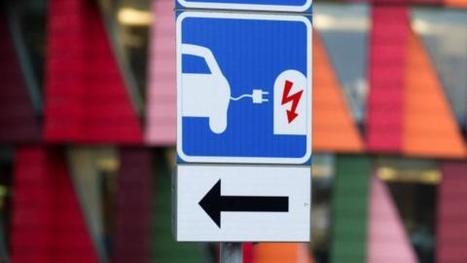




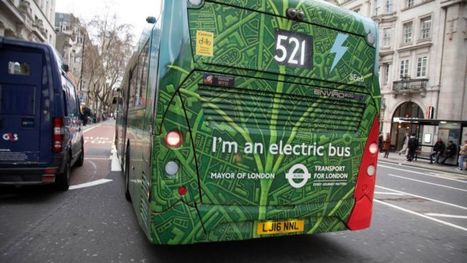

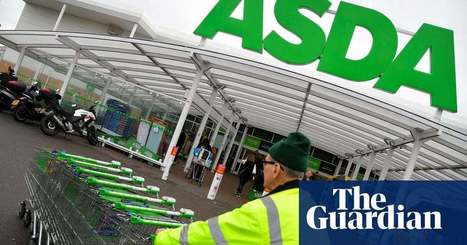
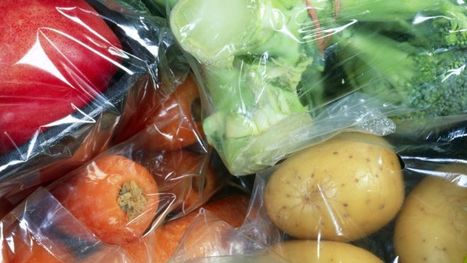
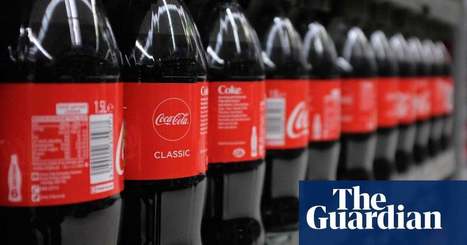
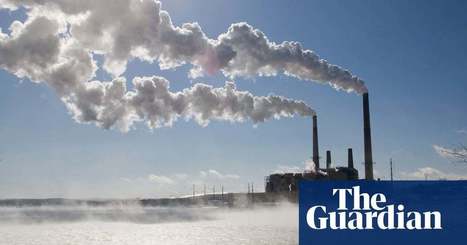



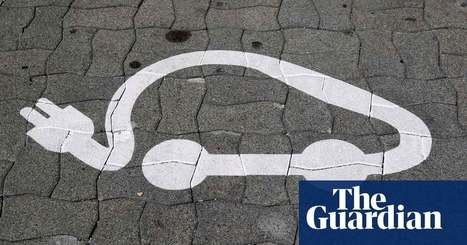

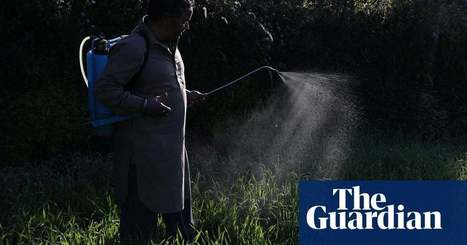

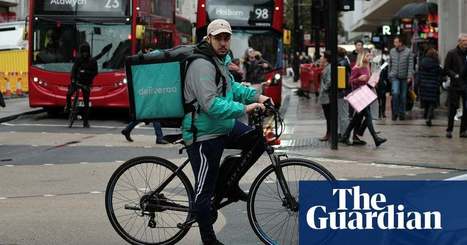
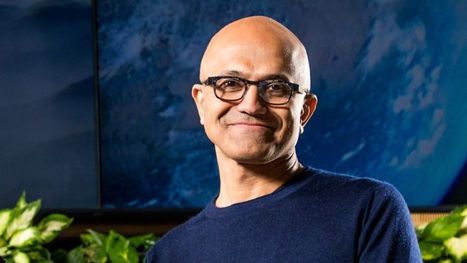






The Sports Minister, Nigel Huddleston MP, has written to the big five gambling firms asking for them to do more for problem gamblers by making safer gambling message more prominent for the duration of lockdown.
Perhaps he might also look at asking them to suspend betting on things as diverse as the Belarussian Premier League or any of the 'virtual' soccer going on, such as the Stay Intertoto Cup being played between professional footballers at the moment.